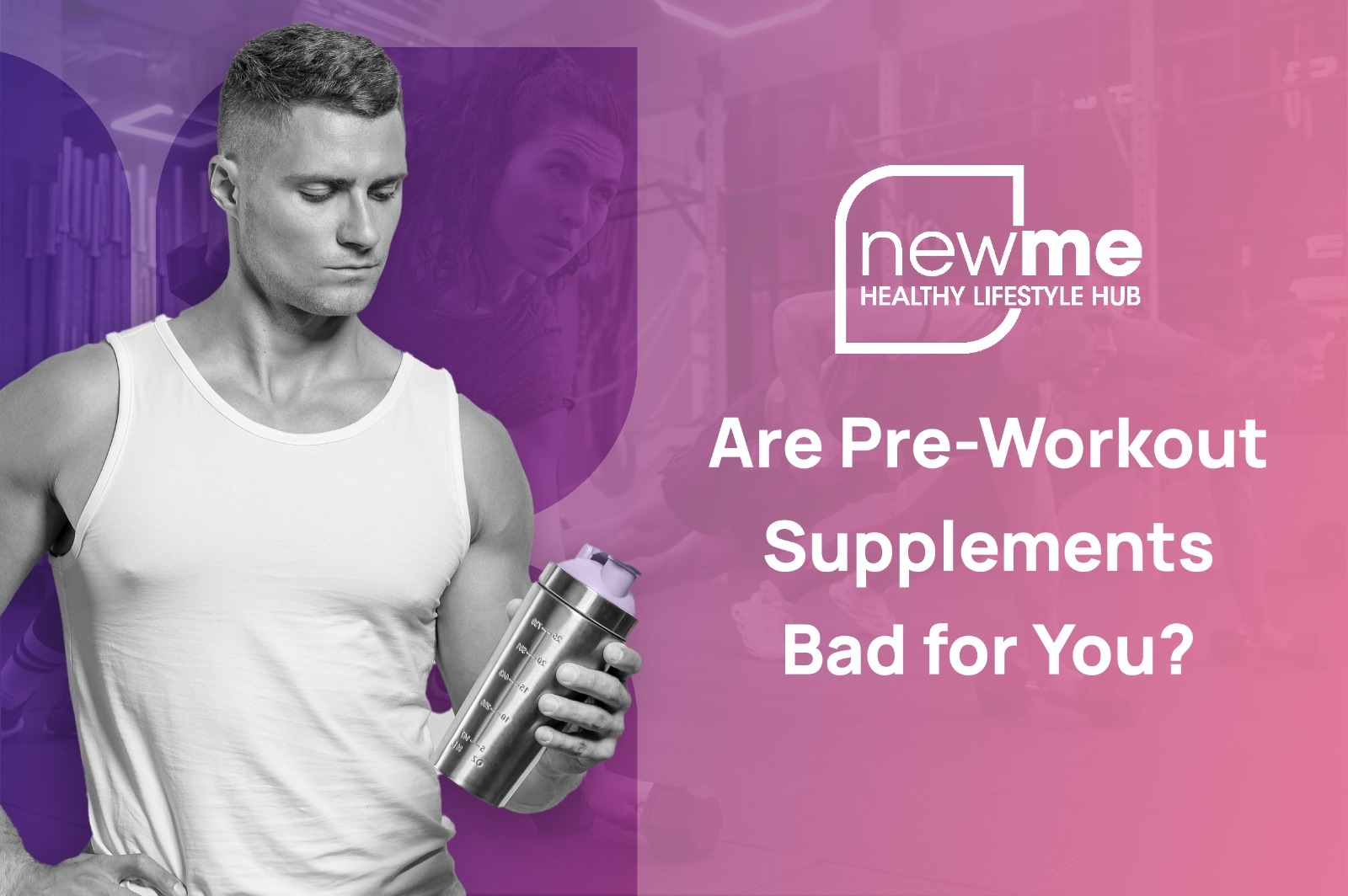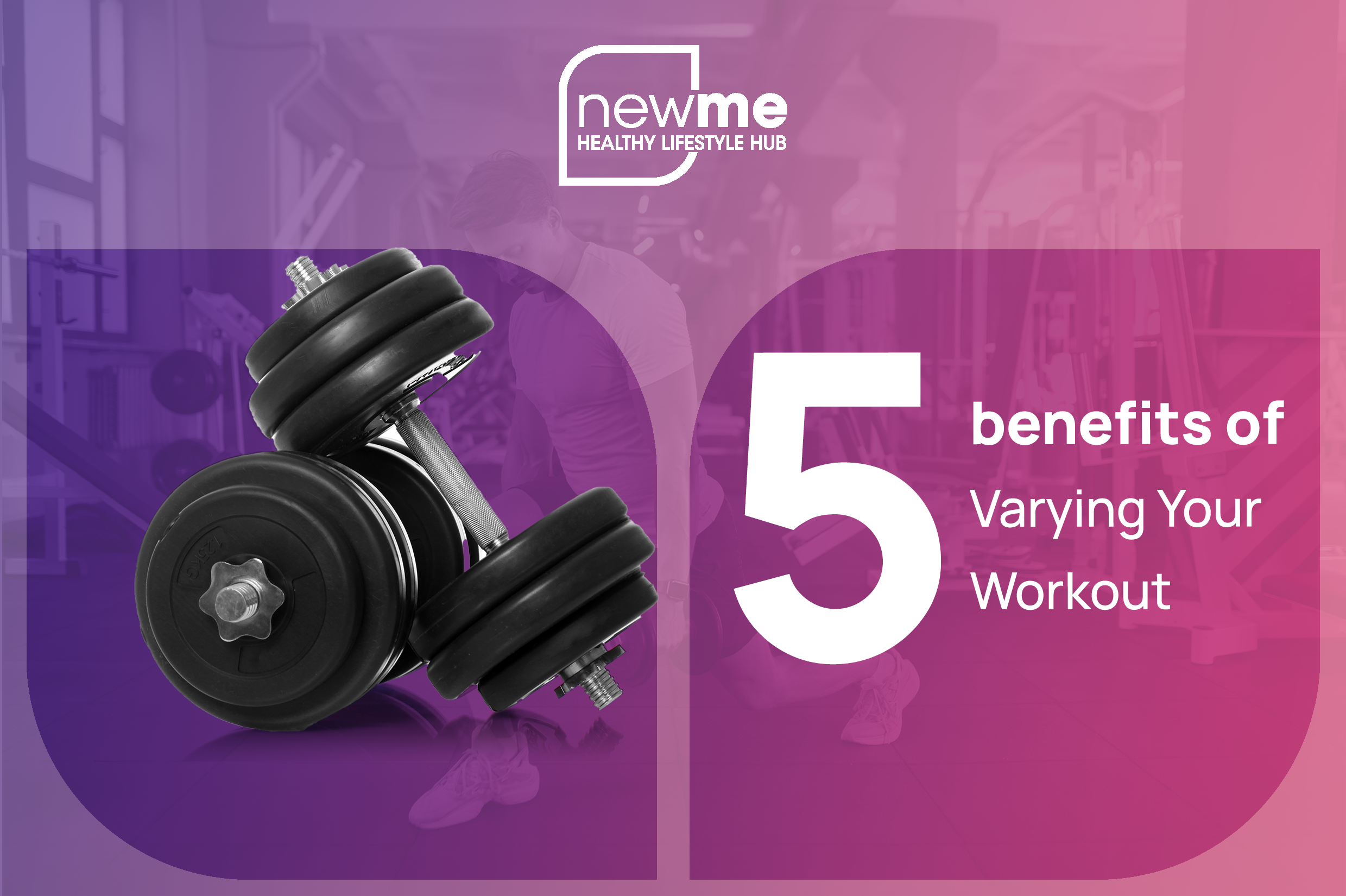Pre-workout supplements have become increasingly popular among fitness enthusiasts for their potential to boost performance, energy levels, and focus during workouts. However, there are concerns about possible risks associated with their use.
While some pre-workout products may contain unnecessary additives, when used correctly and cautiously, they can provide certain advantages. This article explores both the benefits and risks of pre-workout supplements, emphasizing the importance of informed choices and careful product selection.

Benefits of Pre-Workout Supplements
Pre-workout supplements can positively impact your fitness progress in several ways:
- Increased Energy and Endurance:
Ingredients like caffeine can help fight fatigue, providing a surge of energy and improving endurance during intense training sessions. - Improved Focus and Mental Clarity:
Compounds such as creatine, beta-alanine, and tyrosine may enhance concentration, keeping you mentally engaged and motivated throughout your workout. - Enhanced Muscle Pump:
Ingredients like citrulline malate and arginine can boost nitric oxide levels, promoting better blood flow to muscles, leading to improved nutrient delivery and muscle pump. - Convenience and Time Efficiency:
Pre-workout supplements are often pre-measured, making them a simple, efficient way to consume nutrients that support workout performance without complex meal planning.
Risks of Pre-Workout Supplements
Despite their benefits, pre-workout supplements also carry potential risks:
- Excessive Caffeine:
Many supplements rely on high caffeine content, which can lead to jitters, increased heart rate, anxiety, digestive issues, and disrupted sleep, especially in caffeine-sensitive individuals. - Additives and Fillers:
Some products may include artificial sweeteners, colors, and fillers that could trigger digestive discomfort or allergic reactions. Carefully review labels and opt for trusted brands with transparent ingredient lists. - Individual Sensitivities and Health Conditions:
Certain ingredients, like beta-alanine, may cause tingling sensations. Those with health conditions such as heart problems or high blood pressure should consult a healthcare professional before use. - Mislabeling and Contamination:
Due to limited regulation in the supplement industry, some products may be mislabeled or contaminated with undeclared substances. Choosing third-party tested supplements from reputable brands can help minimize this risk.
Read more :
Are Pre Workout Supplements Bad for You
Do you need to work out everyday
Key Considerations Before Using Pre-Workout Supplements
When deciding whether to use pre-workout supplements, consider the following:
- Personal Health: Review your medical history and consult a healthcare provider if you have any health concerns.
- Ingredient Transparency: Check for clear labeling and avoid unnecessary fillers or artificial additives.
- Caffeine Content: Assess your caffeine tolerance and ensure the supplement fits within your daily intake.
- Product Quality: Choose reputable brands that adhere to safety standards and undergo third-party testing.
- Fitness Goals: Align the supplement with your specific fitness objectives, such as endurance, strength, or focus.
- Professional Guidance: Seek advice from a nutritionist or healthcare provider if unsure about supplement use.
In conclusion, pre-workout supplements can offer benefits when chosen carefully and used responsibly. Understanding both their advantages and potential risks allows for safer and more effective integration into your fitness routine.






